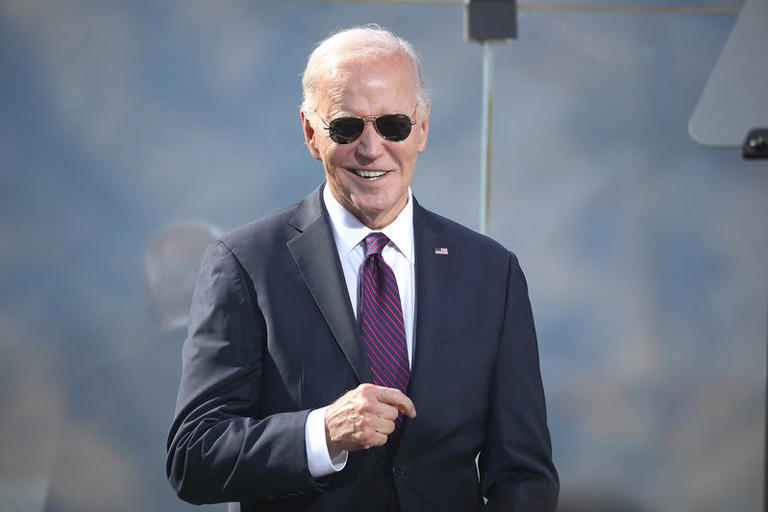In one of its final acts, the Biden administration is expected to block the merger of Kroger and Albertsons, two of the largest grocery chains in the U.S. If allowed, the merger would have created a company surpassing Walmart in store count, reducing competition and potentially driving up food prices. The decision marks a significant win for outgoing Federal Trade Commission (FTC) chair Lina Khan, whose progressive antitrust approach is likely to conclude with this case as the Trump administration prepares to appoint a far-right, pro-merger commissioner in her place.
This shift in leadership could stall federal efforts to challenge corporate consolidation, with the new appointee prioritizing issues like “DEI,” “wokeness,” and internal dissent over corporate regulation. However, according to Stacy Mitchell in The Atlantic, the precedent set by this case might endure. Judges and the public are increasingly aware of the consequences of corporate concentration, signaling a broader shift in antitrust enforcement.
Historically, grocery store mergers faced significant government pushback, with frequent intervention from the 1930s to the 1970s. But as conservative economic policies gained influence, regulatory agencies stepped back, allowing extensive consolidation in the grocery sector. Today, Kroger owns brands like Harris Teeter, Ralphs, and King Soopers, while Albertsons controls Safeway, Jewel-Osco, and Vons. This dominance limits competition, affecting consumers through higher prices and reduced choices.
Khan has revived the antitrust movement by successfully challenging such mergers. Her efforts have set a new standard for competition in the grocery industry, creating a lasting precedent. While federal merger challenges may dwindle under the next administration, Mitchell notes that states are likely to continue advancing antitrust cases independently. Public and judicial awareness has also grown, bolstered by widespread opposition to the Kroger-Albertsons deal, with over 100,000 public comments and strong support from labor unions, small businesses, and farmers.
Mitchell concludes that while Lina Khan’s FTC tenure may end, her impact will endure. The antitrust movement she championed is gaining momentum, as seen in state-level actions like New York’s investigation into the Capital One-Discover merger. The Kroger-Albertsons case is a milestone, but it’s unlikely to be the last victory for those advocating stronger competition enforcement.







